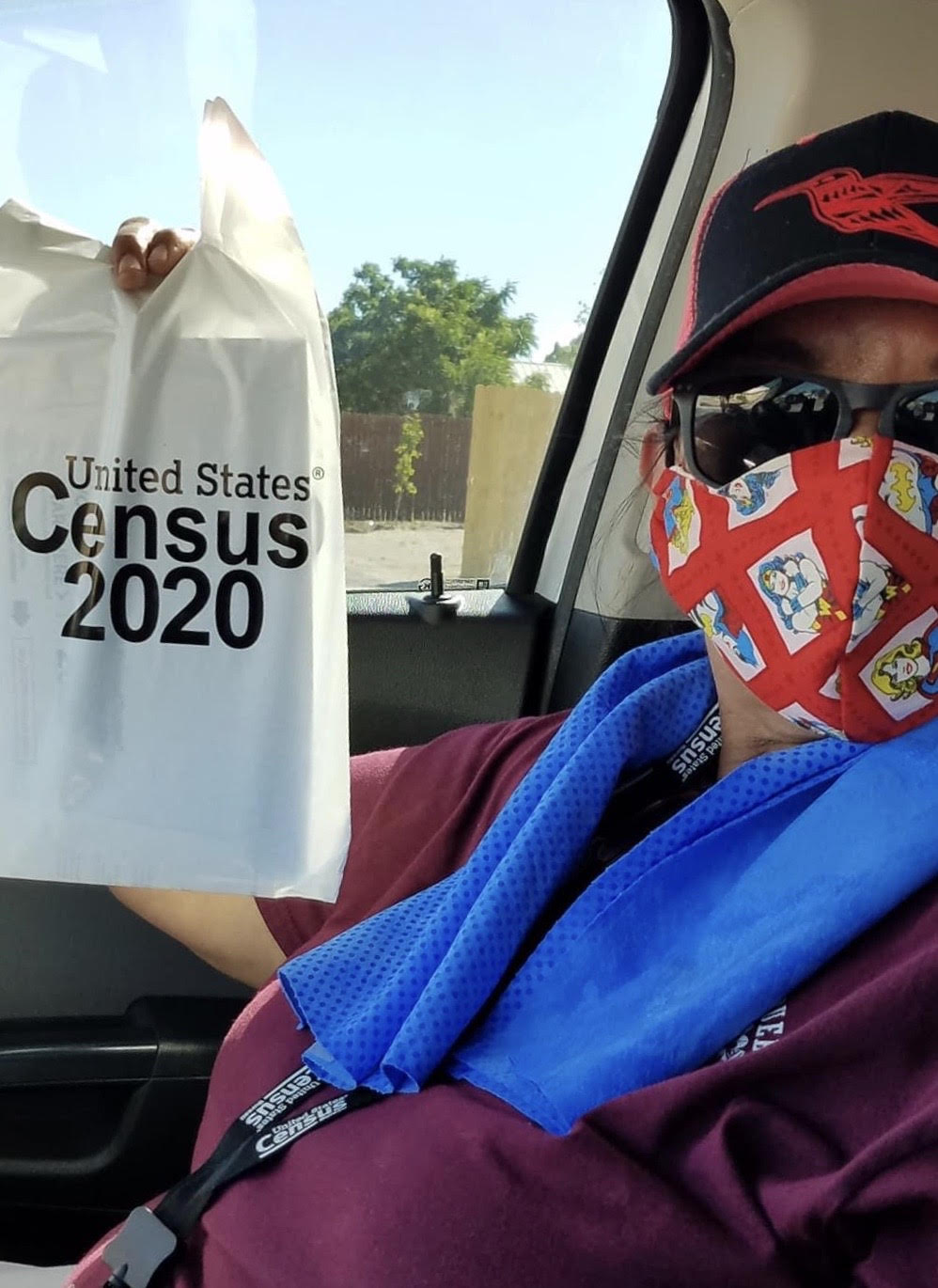
- Details
- By Native News Online Staff
WASHINGTON — The U.S. Census Bureau on Tuesday said it had moved its target date to conclude 2020 Census self-response and field data collection operations to Oct. 5, 2020.
Tuesday’s announcement extends the Sept. 30 end-date that the Census Bureau announced on Aug. 3.
The extension comes as a lawsuit is being heard in a federal court in San Jose attempting to extend the count until Oct. 31. The case was brought forward by the National Urban League, joined by the Navajo Nation, Gila River Indian Community and several local municipalities, after the Aug. 3 announcement by the Census Bureau.
"The coronavirus pandemic has set all of us back and created many challenges to get people counted, especially for rural areas such as the Navajo Nation," Navajo Nation President Jonathan Nez said.
Last week, U.S. District Judge Lucy Koh ruled the Trump administration had not given a sufficient reason for slashing a month off the enumeration process.
The judge’s injunction blocked the Census Bureau from concluding the 2020 Census on Sept. 30. Koh’s injunction requires the 2020 census count to continue in order to ensure all United States residents are reached and counted.
The case is continuing in Koh’s court, according to the Washington Post. Koh gave the Census Bureau until 1 p.m. EDT today to produce documents related to the decision to set Oct. 5 as a target date for wrapping up self-response and field enumerations. A hearing is scheduled for Tuesday at 6 p.m. EDT.
The movement of the dates to conclude the 2020 census has caused confusion for groups assisting Indian Country to gain an accurate count.
After last Thursday’s ruling, the NAVA Education Project, based in Albuquerque, N.M., said it still planned to close down its efforts on Sept. 30.
“While the Coalition is pleased with the court’s ruling, it is still unclear what the judge’s ruling exactly means at this time,” said Ahtza Chavez, executive director of the NAVA Education Project (NAVAEP), the parent organization of the NM Native Census Coalition.
Chavez said because of the uncertainty of the judge’s decision the NM Native Census Coalition plans to continue to operate under the Sept. 30 deadline, as NAVAEP’s funding is tied to the date.
“We will continue to advocate, provide messaging and support to Coalition members. However, we would like to continue the momentum we created in getting out the count to Sept. 30,” Chavez said. “It is imperative that we count as many people in our communities, as crucial federal and state funding is tied to census data.”
CLICK to self-respond to the 2020 Census or call 844-330-2020.
Related: Getting Past the Apathy and Fear of the Census
Related: Census Bureau Slashing a Month Off Counting is a Critical, Damaging Blow to Indian Country
More Stories Like This
Native News Weekly (August 25, 2024): D.C. BriefsUS Presidents in Their Own Words Concerning American Indians
South Dakota Hotel Owner Found Liable for Discriminating Against Native Americans
Monday Morning (December 22, 2025): Articles You May Have Missed This Past Weekend
Read What Our Year-End Campaign Donors Are Saying
Help us defend tribal sovereignty.
At Native News Online, our mission is rooted in telling the stories that strengthen sovereignty and uplift Indigenous voices — not just at year’s end, but every single day.
Because of your generosity last year, we were able to keep our reporters on the ground in tribal communities, at national gatherings and in the halls of Congress — covering the issues that matter most to Indian Country: sovereignty, culture, education, health and economic opportunity.
That support sustained us through a tough year in 2025. Now, as we look to the year ahead, we need your help right now to ensure warrior journalism remains strong — reporting that defends tribal sovereignty, amplifies Native truth, and holds power accountable.
 The stakes couldn't be higher. Your support keeps Native voices heard, Native stories told and Native sovereignty defended.
The stakes couldn't be higher. Your support keeps Native voices heard, Native stories told and Native sovereignty defended.
Stand with Warrior Journalism today.
Levi Rickert (Potawatomi), Editor & Publisher

